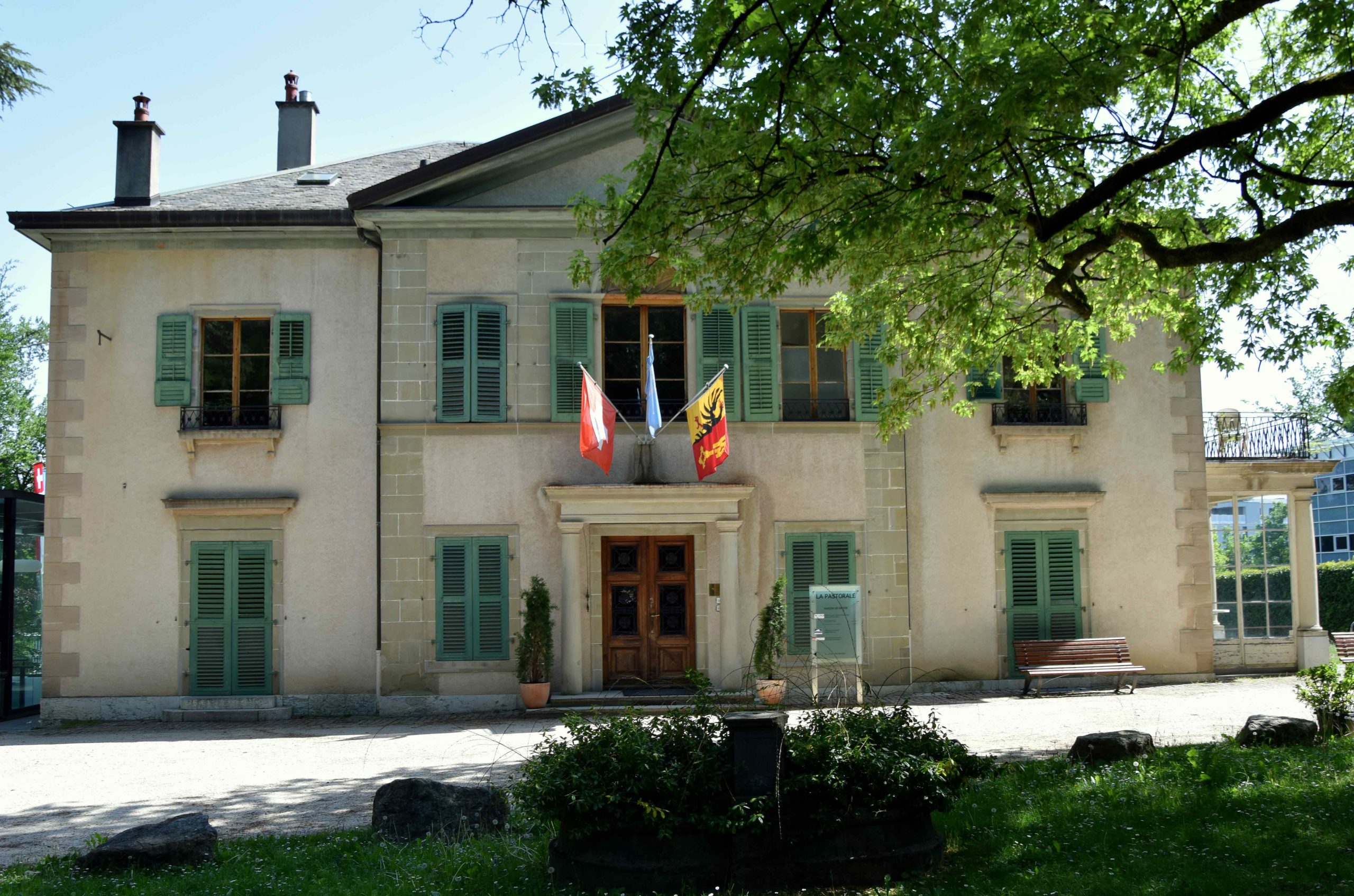Frequently Asked Questions (FAQ)
- Home
- FAQ
We invite you to consult the following page, which details the conditions to access CAGI’s support.
We invite you to consult the dedicated page: “Creating a foundation”.
If the association you want to set up is a legal entity under Swiss law, it will have to meet the relevant criteria listed on our website. We recommend that you consult the following pages:
The NGO database of the International Geneva Welcome Centre (CAGI) is an internal tool that is not accessible to the public.
The International Geneva website lists the main Geneva-based international NGOs (i.e. those that employ staff and can prove official status or collaboration with an intergovernmental organization). The list is for informational purposes and does not grant any special status.
NGOs incorporated in the form of a foundation, as well as associations that have chosen to register with the Register of commerce, can be accessed via the Register of commerce search engine.
Founded by the Swiss Confederation and the Republic and Canton of Geneva, the International Geneva Welcome Centre is the single entry point for the support and integration of employees of International Geneva and their families, NGOs and visiting delegates.
